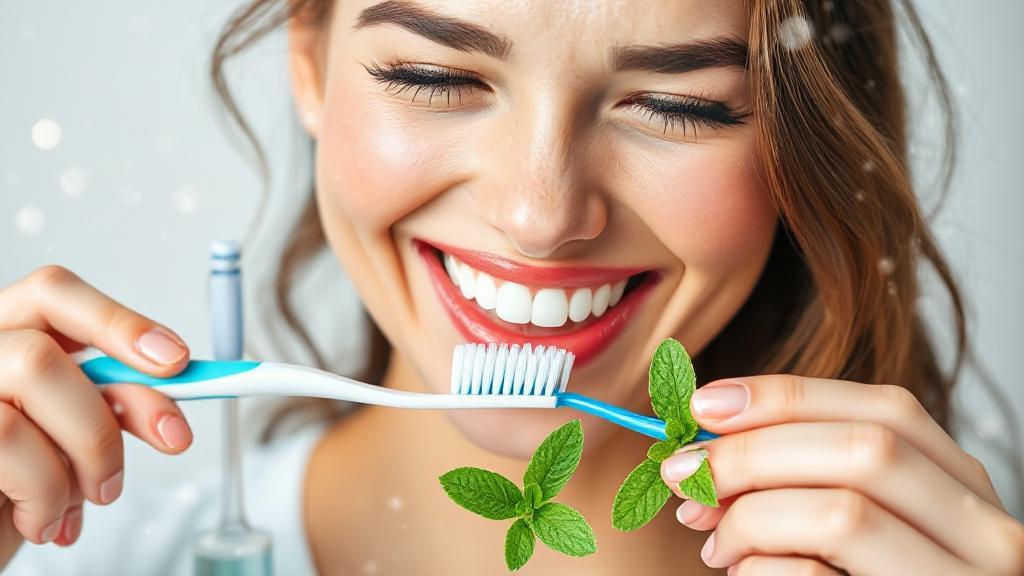Maintaining excellent dental hygiene is about much more than just a bright, confident smile—it’s a cornerstone of overall health. Research consistently links poor oral health to systemic conditions such as heart disease, diabetes, and respiratory infections. Fortunately, with a few effective strategies and consistent habits, you can significantly improve your dental hygiene and reduce your risk of oral health problems.
The Foundation of Good Dental Health
Brushing: Technique Matters
Brushing your teeth is the bedrock of dental hygiene, but how you brush is just as important as how often. The American Dental Association (ADA) recommends:
- Brushing twice daily for two minutes each time
- Using a soft-bristled toothbrush and fluoride toothpaste
- Holding your brush at a 45-degree angle to your gums
- Employing gentle, circular motions rather than aggressive scrubbing
- Replacing your toothbrush (or electric brush head) every 3-4 months, or sooner if bristles are frayed
For those seeking a technological edge, electric toothbrushes with pressure sensors and built-in timers can help ensure optimal brushing. Studies show these devices remove more plaque and reduce gingivitis more effectively than manual brushes.
Flossing: The Unsung Hero
Flossing removes plaque and food particles from between teeth and under the gumline—areas your toothbrush can’t reach. Make it a habit to floss at least once a day, ideally before bedtime. If traditional string floss is challenging, consider alternatives like floss picks, water flossers, or interdental brushes.
“Flossing is perhaps the single most important weapon against plaque, perhaps more important than the toothbrush.” — American Dental Association
Don’t Forget Your Tongue
Your tongue harbors bacteria that can contribute to bad breath and tooth decay. Gently cleaning your tongue with a scraper or your toothbrush can reduce bad breath by up to 75% and improve your sense of taste.
Beyond Brushing and Flossing
Mouthwash: A Helpful Addition
Mouthwash can help reduce plaque, fight bacteria, and freshen breath. Look for a mouthwash with fluoride and the ADA Seal of Acceptance. Remember, mouthwash is a supplement—not a substitute—for brushing and flossing.
Diet and Hydration
What you eat and drink has a direct impact on your oral health:
- Limit sugary and acidic foods (sodas, candies, citrus juices) that can erode enamel and cause cavities. For more on reducing sugar, see Effective strategies to reduce your daily sugar intake.
- Eat calcium-rich foods (dairy, leafy greens) to strengthen teeth.
- Crunchy fruits and vegetables (apples, carrots) help clean teeth naturally.
- Stay hydrated—water rinses away food particles and dilutes acids produced by bacteria. Drinking water after meals is especially helpful when brushing isn’t possible.
For more on how nutrition supports overall health, explore Effective strategies to improve your gut health and Effective ways to improve digestion naturally.
Professional Dental Care
Regular Checkups
Even with diligent home care, professional dental visits every six months are essential. Dentists provide:
- Professional cleaning to remove tartar (hardened plaque)
- Early detection of cavities, gum disease, or oral cancer
- Personalized advice on your oral hygiene routine
If you experience tooth pain, bleeding gums, persistent bad breath, or sores that don’t heal, schedule a visit promptly.
Additional Treatments
Depending on your needs, your dentist may recommend:
- Dental sealants for cavity-prone individuals
- Fluoride treatments to strengthen enamel
- Night guards for teeth grinding
- Antimicrobial mouth rinses for gum disease
Special Considerations
Age-Specific Dental Care
- Children: Supervise brushing until age 7-8. The first dental visit should occur by age 1.
- Seniors: Older adults may face dry mouth (often due to medications), receding gums, or dexterity challenges. Adapt tools and routines as needed.
Managing Dental Anxiety
Dental anxiety affects up to 36% of people. Communicate your concerns with your dentist, seek practices specializing in anxiety management, and consider relaxation techniques or sedation dentistry if needed. For more on stress management, see The benefits of living a stress-free lifestyle.
Lifestyle and Systemic Health
Oral health is closely linked to your overall well-being. For example, gum disease has been associated with cardiovascular issues—learn more in Effective strategies to improve your cardiovascular health. Similarly, chronic inflammation in the mouth can impact blood sugar control, so consider Effective strategies to prevent diabetes and maintain healthy blood sugar levels.
Supporting your immune system through good oral hygiene and healthy habits is also crucial; see Natural ways to boost your immune system.
Quick Tips for a Healthy Smile
- Brush twice daily with fluoride toothpaste
- Floss at least once a day
- Clean your tongue regularly
- Use mouthwash as a supplement
- Eat a balanced, tooth-friendly diet
- Stay hydrated
- Avoid tobacco products
- Visit your dentist every six months
Improving your dental hygiene doesn’t require drastic changes—just consistent, mindful habits. By integrating these evidence-based practices into your daily routine, you’ll not only maintain a healthy smile but also support your overall health for years to come. For more on daily wellness, explore Daily habits to improve your mental health, Effective strategies to improve your sleep quality, and Effective ways to improve your respiratory health.
